Buying Michigan off-grid hunting property is a dream getaway for anyone looking to dive into the natural beauty of the Great Lakes State and live in self-reliant freedom. From forested woods filled with wildlife to remote cabins surrounded by serenity, Michigan is a veritable treasure chest of potential for potential Michigan land owners.
If you’re looking to buy off-grid hunting property here, you need to know the process, your place in it, and the unique challenges of living and hunting in remote areas. In this guide, we walk you step-by-step through every detail of finding and buying the perfect off-grid hunting property in Michigan.
1. Why Michigan Is The Right Place for Off-Grid Hunting
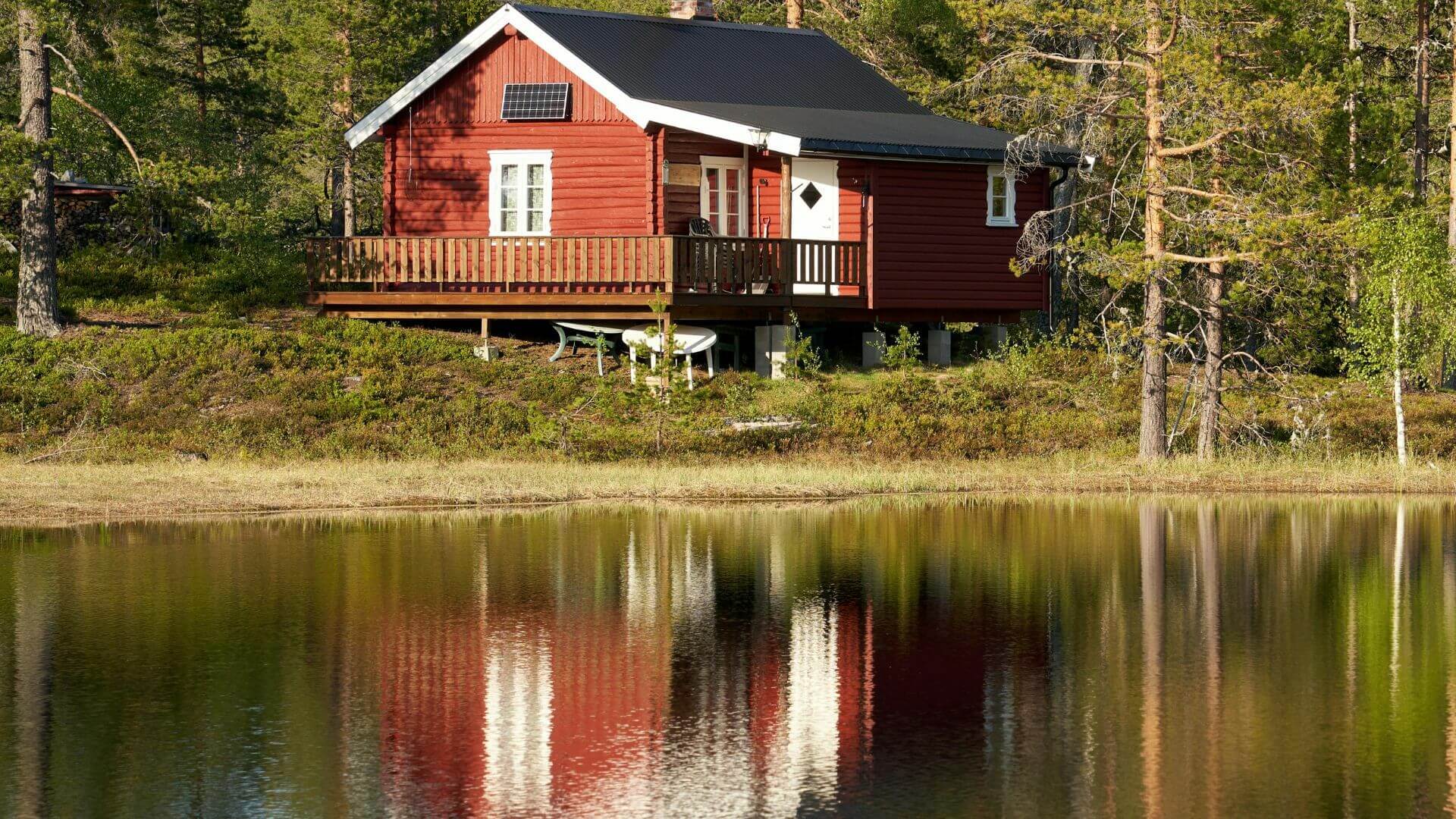 Michigan is abundant in wildlife, varied landscapes, and plenty of recreation options. With millions of acres of public and private land in both the Upper and Lower Peninsulas, it’s little surprise that hunters across the United States flock to this place every year.
Michigan is abundant in wildlife, varied landscapes, and plenty of recreation options. With millions of acres of public and private land in both the Upper and Lower Peninsulas, it’s little surprise that hunters across the United States flock to this place every year.
Michigan’s seasonality also presents optimal hunting conditions for many of its animals, such as deer, bears, turkeys, and ducks. Long summers provide time to prepare your property and put in food plots, and cool autumn brings maximum hunting scenarios. Winter’s harshness is a challenge, without a doubt, but it’s also the type of challenge that most hunters love, one that requires self-reliance and adventure. For those looking to get far off the grid, the state’s small towns and remote areas present a generous bounty of opportunity to build a self-reliant lifestyle.
2. Getting Familiar with Off-Grid Hunting Property
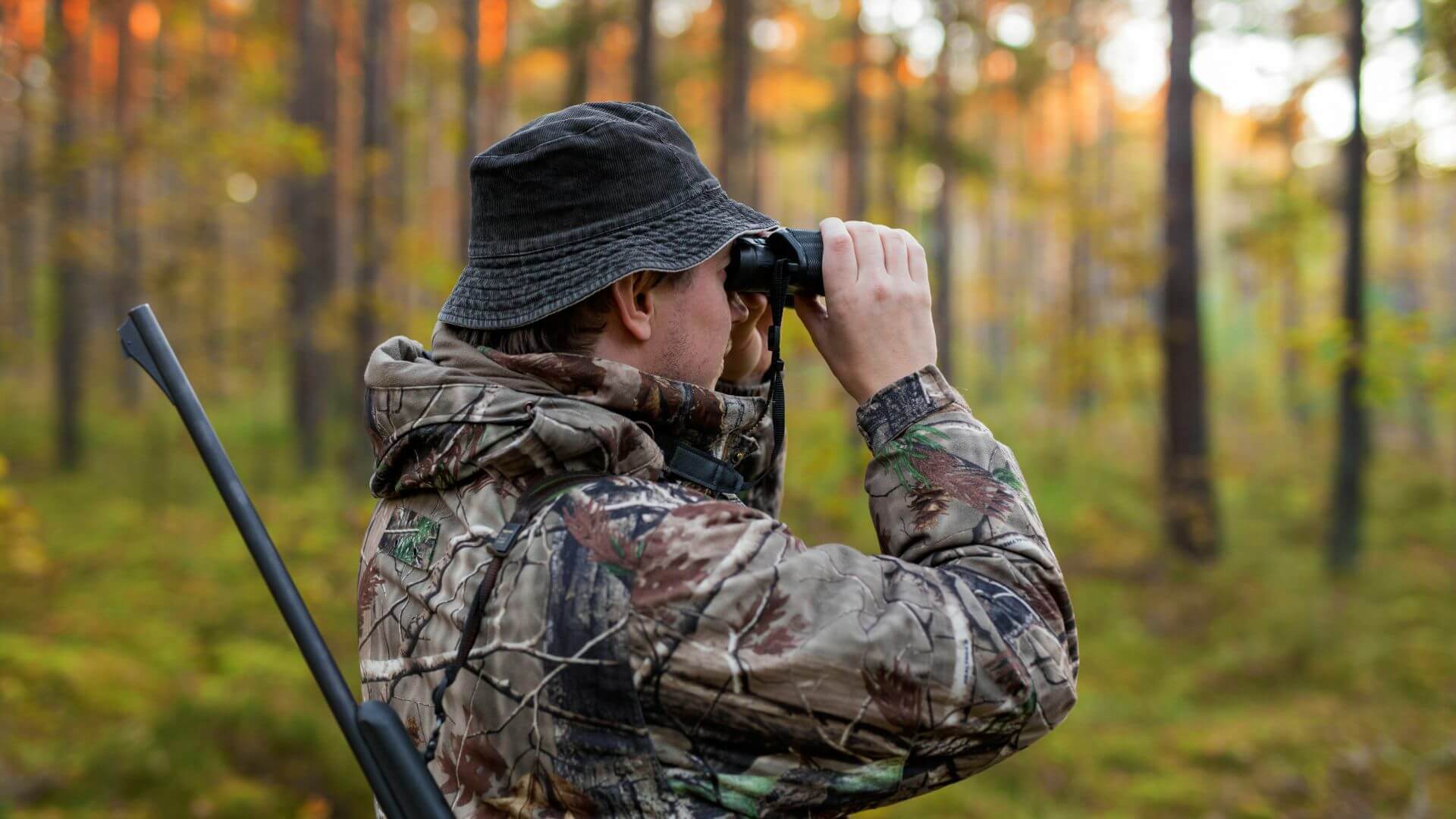 Off-grid hunting property is typically not hooked up to public utilities such as power, water, or sewage. Owners opt to use alternate means such as solar panels or a gas generator to provide power and natural bodies of water or wells to supply water. Living off-grid requires you to be somewhat independent and resourceful in that you’ll be providing your own energy needs and waste disposal.
Off-grid hunting property is typically not hooked up to public utilities such as power, water, or sewage. Owners opt to use alternate means such as solar panels or a gas generator to provide power and natural bodies of water or wells to supply water. Living off-grid requires you to be somewhat independent and resourceful in that you’ll be providing your own energy needs and waste disposal.
Off-grid living is more than self-reliance, though. It’s a manner of living in harmony with nature, keeping a low impact on the planet, and connecting to a higher realm of nature and wildlife. Whether you need a small hunting shack or investing in a large retreat, learning to be off-grid will help you to make informed decisions every step of the process.
3. Setting Your Budget and Fiscal Plan
 One of the first decisions in buying off-grid hunting property is figuring out how much you can afford to pay. Prices vary in Michigan, with more remote, un-developed pieces of property costing lower per acre compared to tracts that sit near cities and highways. Even though you get a better price up-front on a more remote property, you need to budget money for off-grid needs such as installing a well, septic system, solar panel system, or other alternate power systems.
One of the first decisions in buying off-grid hunting property is figuring out how much you can afford to pay. Prices vary in Michigan, with more remote, un-developed pieces of property costing lower per acre compared to tracts that sit near cities and highways. Even though you get a better price up-front on a more remote property, you need to budget money for off-grid needs such as installing a well, septic system, solar panel system, or other alternate power systems.
As you set your budget, take note of the following:
Initial Purchase Price: The per-acre price can vary based on geography, terrain, and proximity to amenities.
Improvements: Land clearing to use for food plots or to build a basic cabin can be added expenses.
Infrastructure: Off-grid properties require alternate power systems, water supply, and waste removal.Ongoing Expenses: From keeping up on roads to supplementing power sources, off-grid hunting property can have recurring expenses.
Though finding a regular lender for raw land or off-grid plots is not easy, financing is sometimes possible using owner financing arrangements, local banks, or even a credit union. Pioneering these various channels can lead to acquiring funds to purchase that dream hunting property.
4. Location, Location, Location: Obtaining the Right Region in Michigan
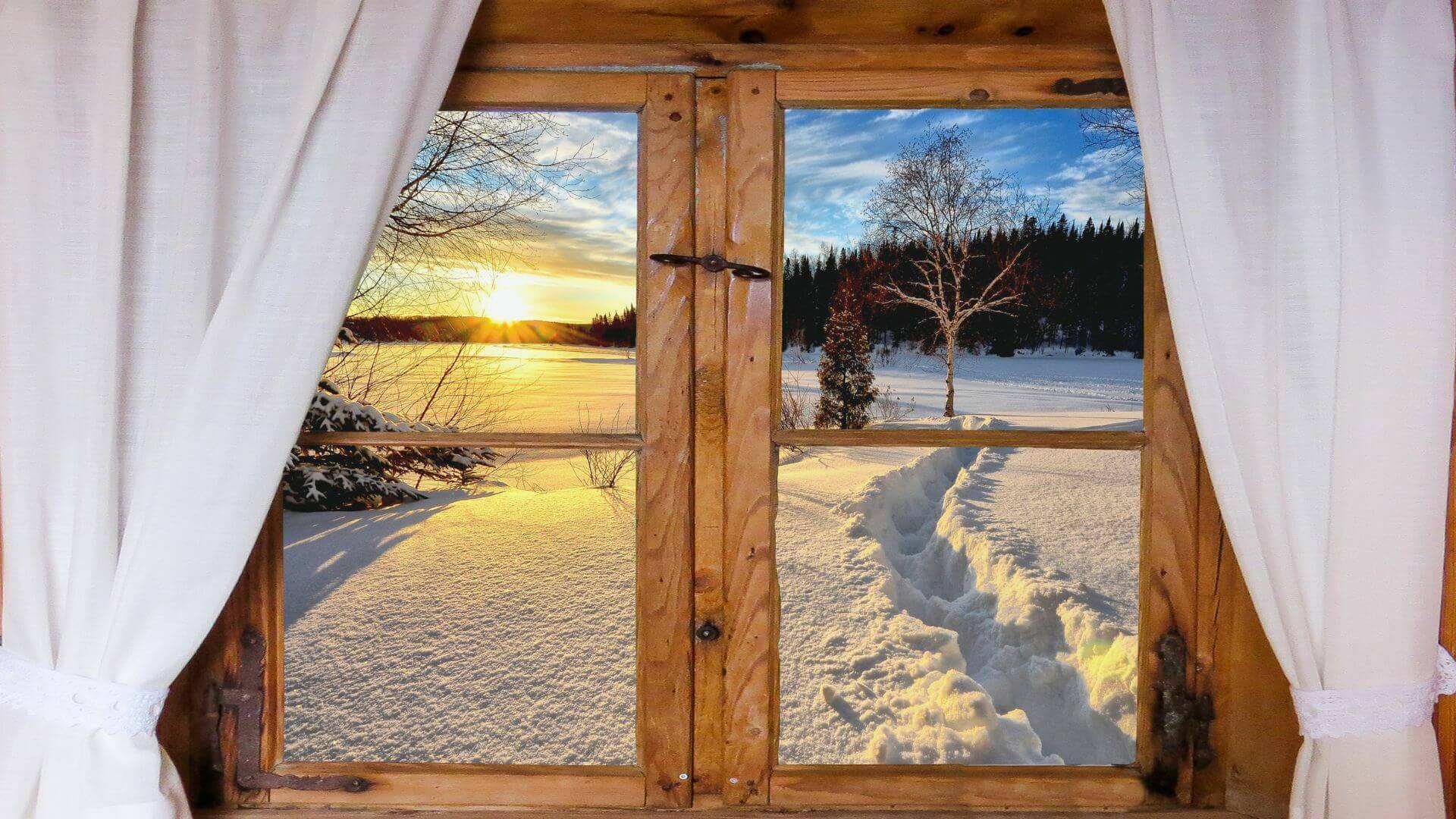 Michigan’s varied terrain gives you plenty of options when searching for that dream off-grid property. Some areas consist of thick woods and rolling hills, while other areas consist of open terrain, marshy bottomland, or waterfront properties. The region you choose must be compatible with the game you wish to hunt and desired habitat.
Michigan’s varied terrain gives you plenty of options when searching for that dream off-grid property. Some areas consist of thick woods and rolling hills, while other areas consist of open terrain, marshy bottomland, or waterfront properties. The region you choose must be compatible with the game you wish to hunt and desired habitat.
Upper Peninsula (U.P.): With its isolated wilderness, the U.P. is home to some of Michigan’s most isolated and rough off-grid properties. There is plenty of wildlife, but amenities and services can be in short supply. The more brutal winters can be just what you need if you prefer isolation and heavy snows.
Northern Lower Peninsula: With its heavy woods, rivers, and lakes, the northern Lower Peninsula is a midpoint between isolation and convenience. The hunting is great, especially for whitetail deer. There are small towns and amenities in easy driving distances.
Southern Lower Peninsula: More developed, yet there are pockets of isolated rural terrain that is amenable to off-grid living. In case you need more proximity to primary highways and large towns, southern Michigan is a better bet.
Satisfactory time spent visiting various parts of Michigan is paramount in making a decision. A weekend scouting expedition can give you a feel for the local habitat, wildlife patterns, and amenities in the area.
5. Researching Zoning and Land Use Permits
Regulatory requirements can impact your food plots or hunting cabin construction plans a great deal. Michigan zoning is unique to each county, so after you’ve eliminated a possible location, you need to check local ordinances. Some remote areas have little zoning, offering more freedom to build, while others put heavy controls on use of the property or buildings to be erected there.
Call the zoning office in the county to check:
- Requirements for a building permit.
- Minimum square feet or other construction specifications.
- Regulations on septic systems or alternate waste removal.
- Any regulation of hunting, discharge of firearms, or wildlife habitat management.
Noncompliance with local regulation can lead to fines, removal of buildings, or added hassle when you sell it in the future. Getting it done in advance will be a relief in the end.
6. Measuring Accessibility of the Property and Terrain
Remote hunting property often means rough terrain, such as heavy woods, soggy areas, and poor road access. The rough terrain is half the fun, yet accessibility is crucial if you hunt often or need to haul gear and provisions.
Some questions to ask the owner or owner representative:
- Does a year-around road exist, or is a four-wheel vehicle needed to get to your property?
- How close is the closest town or emergency services to your property?
- Does the property sit in a flooding, heavy snow, or other extreme weather-prone position?
Walking or driving over the property during various times of year can expose potential trouble spots such as washout roads, stream erosion, or season marshes. It also allows you to mark up promising areas to hunt, bedding areas for deer, and natural sources of water.
7. Inspecting Wildlife Habitat and Potential for Hunting
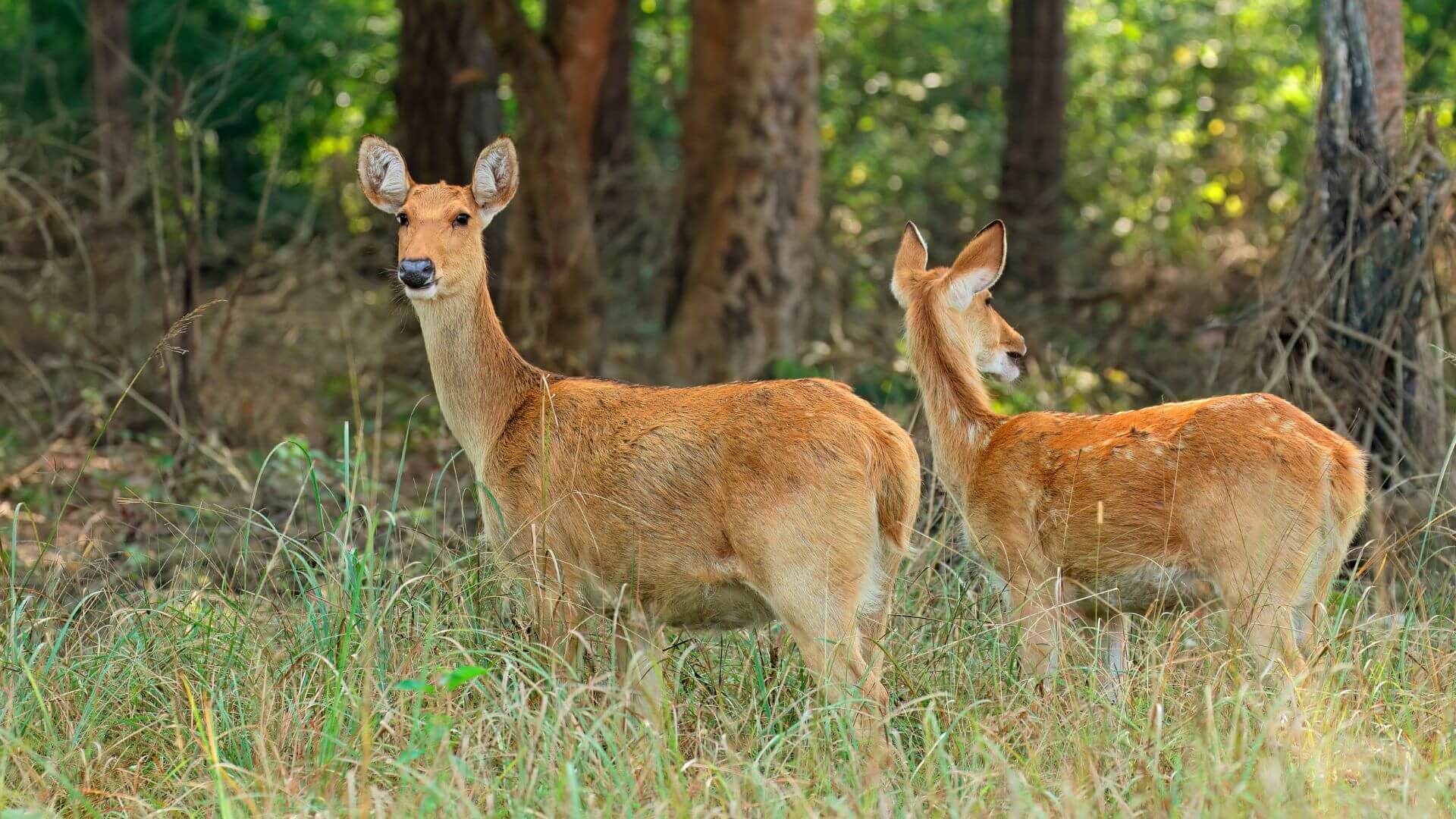 For any serious hunter, the quality of wildlife habitat is of utmost concern. Michigan’s varied landscapes support a varied range of wildlife, yet not every property is likely to hold potential for hunting similarly. Be watchful of active game trails, scat, and bedding areas. Watch trees and vegetation that hold natural food sources, such as berry bushes or acorns.
For any serious hunter, the quality of wildlife habitat is of utmost concern. Michigan’s varied landscapes support a varied range of wildlife, yet not every property is likely to hold potential for hunting similarly. Be watchful of active game trails, scat, and bedding areas. Watch trees and vegetation that hold natural food sources, such as berry bushes or acorns.
Speak to local hunters or drop in at local game processing centers to get a feel for usual harvests in that part of the state. Contact Michigan’s Department of Natural Resources to get information on local wildlife populations, regulation, and seasonality of hunting patterns. The more you know in terms of potential on a given property, the better you can envision your dream hunting retreat.
8. Planning for Power and Off-the-Grid Systems
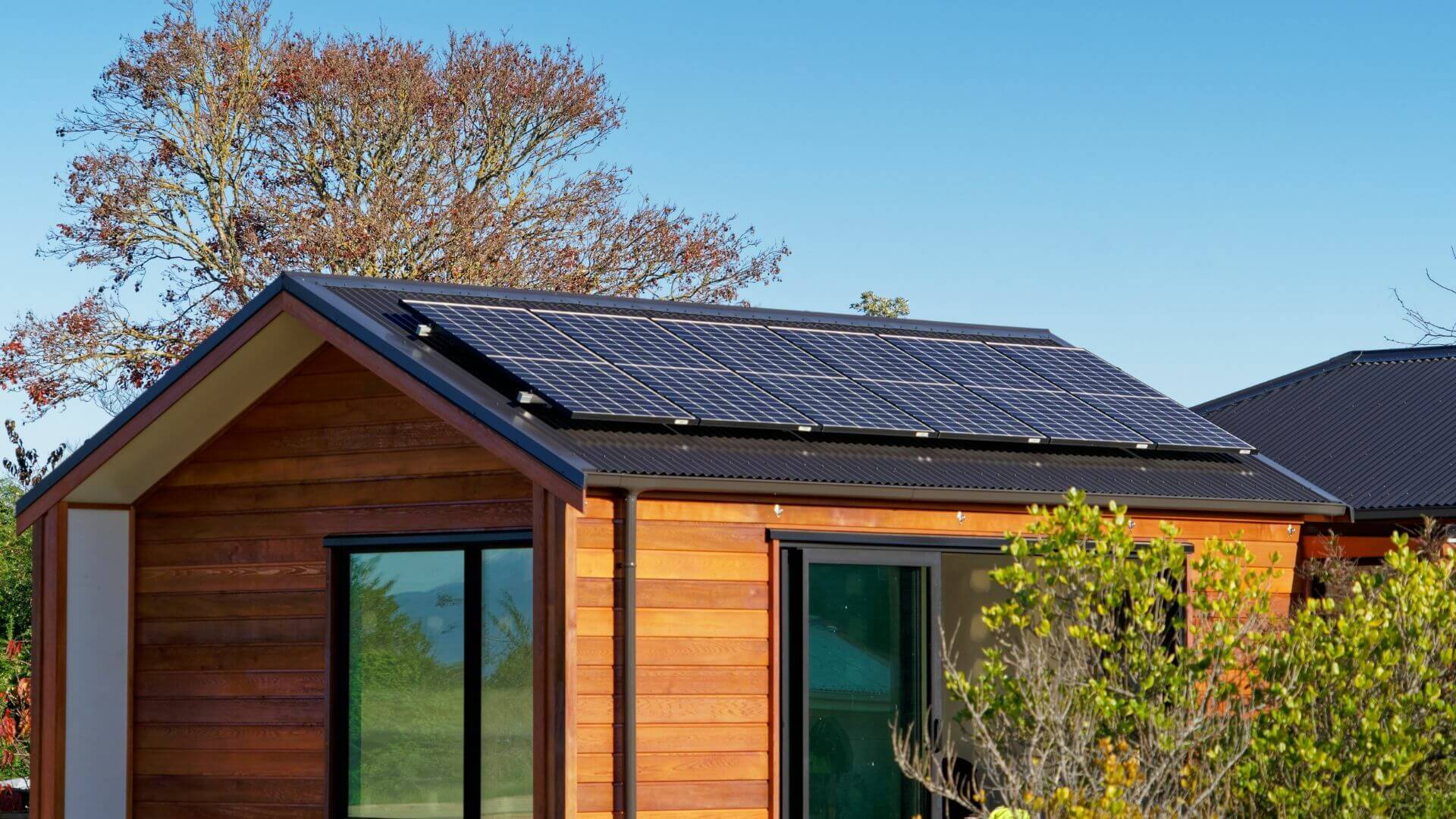 Off-the-grid hunting property requires resourcefulness in providing necessities such as power, water, and waste elimination. Thankfully, Michigan’s natural terrain presents challenges and possibilities for self-reliance.
Off-the-grid hunting property requires resourcefulness in providing necessities such as power, water, and waste elimination. Thankfully, Michigan’s natural terrain presents challenges and possibilities for self-reliance.
Sources of Power: Solar panels typically supply many properties that go off-the-grid, primarily during summer when there is plenty of daylight. In Michigan’s darker, colder winters, supplement using propane generators or wind turbines.
Access to Water: Drilling a well can be affordable if the water table is not too deep. Alternatively, use a nearby stream or collect rainwater. In winter, pipes and storage tanks require protection from freezing.
Disposal of Waste: Composting toilets, incineration toilets, and engineered septic systems work just as well. Make sure to contact local health departments to find permits required.
These systems can be costly up-front, but they provide long-term savings and self-reliance. Building an off-grid system that’s planned ahead and installed correctly means you can enjoy your property to its fullest without concern over utility failures or high utility bills.
9. Closing the Deal and Negotiations
 After you’ve found a property that fits all of your needs, it’s time to negotiate the purchase price and close the deal. Prior to making an offer, it’s a good idea to obtain a land appraisal and professional inspection to verify the property’s value and readiness for use in line with your vision. This is a crucial step if you’re new to the local housing market or if the property has unique aspects such as wetlands or mineral rights.
After you’ve found a property that fits all of your needs, it’s time to negotiate the purchase price and close the deal. Prior to making an offer, it’s a good idea to obtain a land appraisal and professional inspection to verify the property’s value and readiness for use in line with your vision. This is a crucial step if you’re new to the local housing market or if the property has unique aspects such as wetlands or mineral rights.
While in negotiations, negotiate any financing, zoning permit, or environmental studies contingencies. Also, it’s a good idea to determine if mineral rights and timber rights are included in the purchase of the land. Michigan is a resource-extraction-prone state, and you wouldn’t want any unexpected surprises in terms of who’s allowed to extract minerals or timber on or around your property.
If everything looks good, you move to closing. Consult a real estate attorney or title company to get everything in order in terms of documentation such as title insurance, property line surveys, and recorded easements. With a little patience and effort, you’ll be a new owner of a Michigan off-grid hunting retreat.
10. How to Maintain and Enhance Your Off-Grid Hunting Retreat
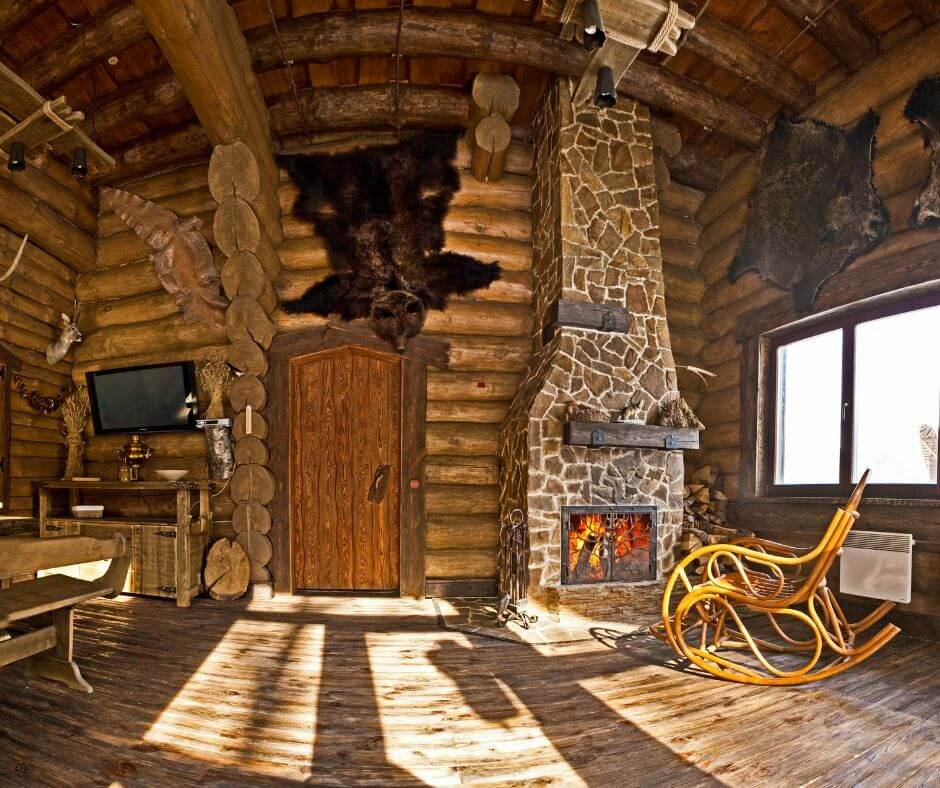 Remote hunting property ownership in Michigan is a gift that also presents responsibilities. In order to maintain a prosperous investment over many years to come, it’s a good idea to take a proactive stance towards maintenance and land use management.
Remote hunting property ownership in Michigan is a gift that also presents responsibilities. In order to maintain a prosperous investment over many years to come, it’s a good idea to take a proactive stance towards maintenance and land use management.
Vary your habitat improvements to accommodate more wildlife and biodiversity. Install native grasses, food plots, or fruit trees to provide habitat for whitetails, turkeys, and other wildlife animals. Be cautious of invasive species that would ruin your hunting habitat. Clean up roads and trails periodically, removing debris or fallen trees after storms. Michigan winters can wreck buildings, so support roofs and walls of cabins to withstand heavy snows.
Maintenance of off-grid utilities is just as important. Clean solar panels of debris, snow, and dust to function at maximum capacity. Perform regular maintenance checks of generators and stock up on sufficient propane or diesel in anticipation of need. If you have a wood stove, stock up on firewood plenty in advance of winter to never be in a panic when temperatures plummet. With a little ahead of time thinking, these maintenance routines become second nature and allow you to use your property without a hitch.
11. Enjoying the Off-Grid Lifestyle in Michigan
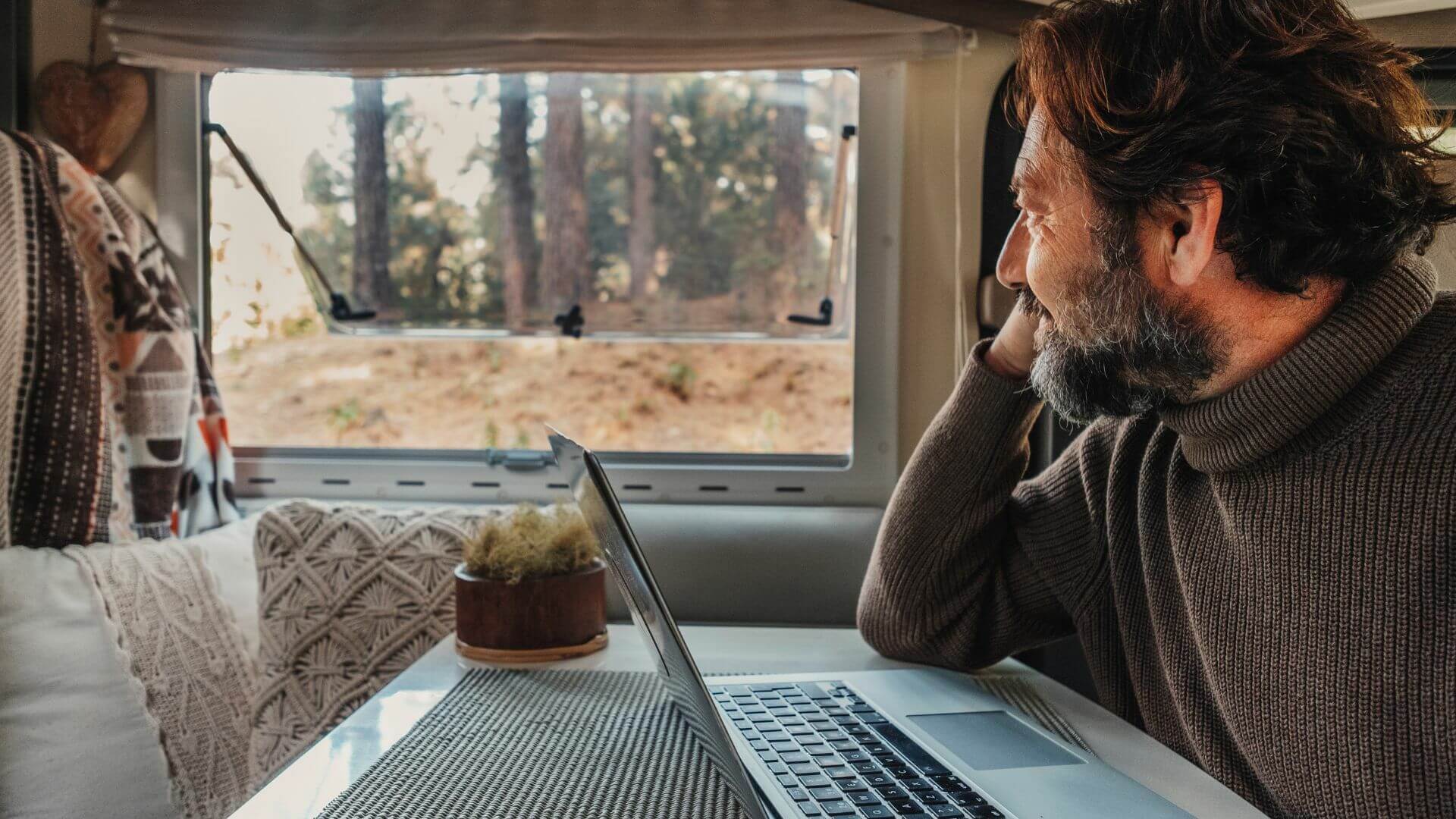 Off-grid living and hunting is more than just mechanics of owning property; it’s a lifestyle. Michigan’s harsh landscapes, abundant wildlife, and four-seasons of weather can be intimidating or intoxicating. Experienced off-grid property owners learn to respect nature’s rhythm, anticipate seasonality, and enjoy a more rustic, uncomplicated existence.
Off-grid living and hunting is more than just mechanics of owning property; it’s a lifestyle. Michigan’s harsh landscapes, abundant wildlife, and four-seasons of weather can be intimidating or intoxicating. Experienced off-grid property owners learn to respect nature’s rhythm, anticipate seasonality, and enjoy a more rustic, uncomplicated existence.
The freedom of self-reliance is priceless. You’ll watch unbridled nighttime skies unobscured by city lights and awaken to a serenade of songbirds in place of horns. Most of all, you’ll enjoy the knowledge that you’re providing for the land in a responsible manner for generations of hunters and wildlife enthusiasts to enjoy.
12. Buying Off-Grid Hunting Land in Michigan: Final Considerations
Purchasing off-grid hunting property in Michigan is a step that can transform the way you enjoy nature. By working diligently to learn land use regulations, budget, and craft careful off-grid solutions, you’re already in the process of developing a hunting retreat that’s a reflection of your ideals and dreams.
The process is time-consuming and demanding, yet rewards beyond all else—unparalleled isolation, proximity to some of the Midwest’s best hunting, and a deep connection to nature— which are more than sufficient reasons to undertake the endeavor. With diligent planning and a willingness to learn ways of off-grid living, you can craft a lasting sanctuary that not only enriches your hunting adventure, but also establishes a permanent legacy of conservation and stewardship in Michigan’s beautiful landscapes.
If you’re ready to turn your off-grid hunting dreams into a reality, partnering with a knowledgeable, dedicated team can make all the difference. Michigan Whitetail Properties and their experienced Michigan land specialists are uniquely qualified to guide you through every aspect of finding, evaluating, and securing your ideal off-grid hunting paradise. From understanding local zoning regulations to identifying prime wildlife habitats, their expertise ensures you make confident, well-informed decisions. Contact us today to begin your search and take the first step toward owning your own slice of Michigan’s hunting heaven.